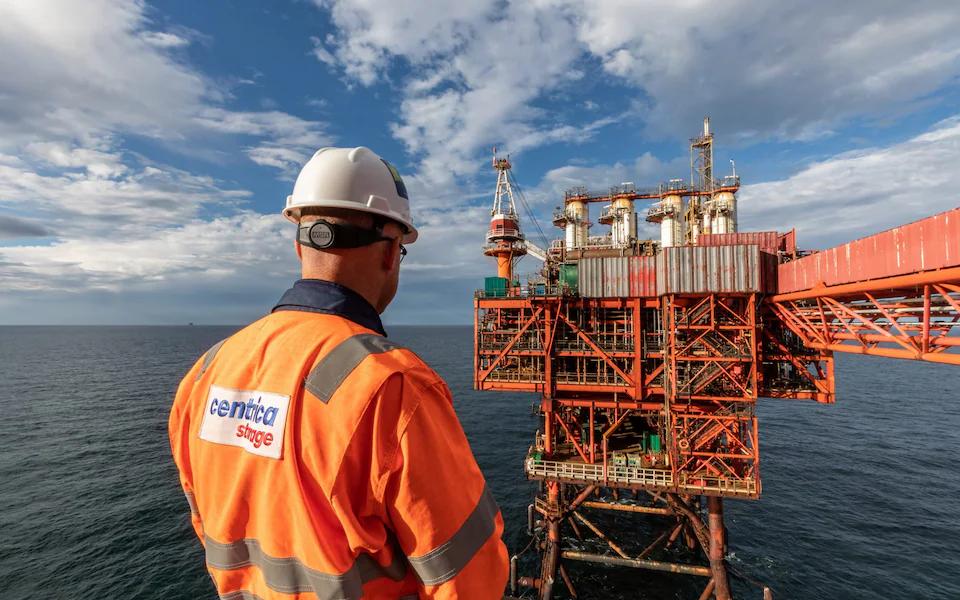Britain’s largest gas storage facility, Rough, is facing potential closure unless the government agrees to help fund its £2 billion redevelopment.
The facility, owned by Centrica, represents half of the UK’s natural gas storage capacity and could be decommissioned without state support. Chris O’Shea, Centrica’s CEO, warned that Rough would shut down, and the site would be dismantled, resulting in the loss of resilience in the UK’s energy supply.
The facility, which lost £100 million last year, currently holds enough gas to meet Britain’s needs for six days, half of the nation’s total capacity.
If upgraded, Rough could provide up to 30 days of supplies. Without it, the nation’s reserves could drop to just six days, significantly lower than countries like Germany, France, and the Netherlands, which have around 100 days of reserves.
Centrica is seeking a cap-and-floor mechanism to fund the project, which would guarantee funding underwritten by a levy on consumer bills. The company has stopped filling the facility amid concerns about its financial viability due to falling wholesale gas prices. O’Shea stated that the site’s closure would increase the risk of Britain running out of gas during a crisis, potentially leading to blackouts.
Govt open to dialogue on gas storage sites proposals
The government remains open to discussing proposals for gas storage sites, provided they offer value for taxpayers. However, O’Shea expressed doubts about achieving the government’s 2030 target for a clean power grid, calling it very challenging. He believes the target is ambitious but uncertain, and having such a goal might still bring the country closer to achieving it.
Read more: Britain secures fuel shipment to keep its last steel blast furnances alight
O’Shea’s concerns about the 2030 target come amid analyst warnings that the UK may fall short of its renewable energy goals. The Energy Secretary faces pressure to adjust the pace of Britain’s transition to renewables, considering the potential impact on energy bills and the country’s energy security.



